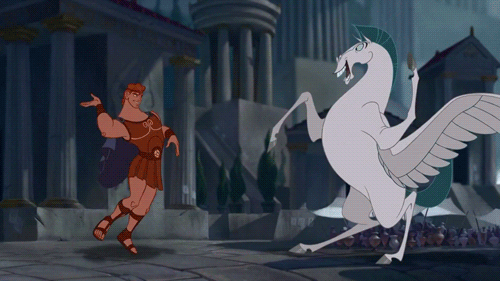Okay, enough fun. We're here for a reason, a super-serious one guys. I knew that the big 5-Oh was coming and I did my homework. It turns out that it was possible for me to read none other than the 50th book to win the Newbery. I counted several times just to make sure, I was so dead set on this event happening! So, without further ado, my review of The Summer of the Swans.
I hope you all appreciate the lengths I'm going to in order to show you the exact cover of the copy I read.
I wandered into this book with a fair amount of trepidation. I knew that a significant portion of the plot was dedicated to a boy with a mental handicap, a subject that I was a afraid to trust to the '70s, especially after a short run-in with '67's winner Up a Road Slowly. I found that my fears were relatively unfounded though, our heroine Sara has lots of love for her brother and their neighbors feel concern for him and seem to be very understanding. The author's website revealed that Charlie was inspired by children she worked with as a volunteer, so there is a lot of realism in his actions.
Sara herself grew over the course of the one day in the novel. She starts out very self-absorbed, concerned primarily with how a person looks. She feels morose about everything, even though nothing has changed from the last summer, and she is proud for being able to steadfastly hold a grudge. She will not listen to anyone, believing they just can't understand, yet she is also upset if someone doesn't listen to here. By the end of the story she has shifted a lot of her self-centered ways into looking at how everyone has to face their own challenges, not just her. She seemed to have matured remarkably quick, it does feel realistic given the circumstances, and I'm sure she'll have bouts of regression.
What does not feel realistic is the stinking party. Good golly. If my best friend's little brother had wandered off and gotten lost, I don't think I'd be reminding her that I need to go home and wash because this super-cute boy asked me to his party and-by-the-way-sorry-you-weren't-invited. I wouldn't be headed to that party under any circumstances until he was found. And Sara! When she gets invited, after a day of hiking through the woods, yelling for her brother, I thought for sure she would politely decline. But, naw, a party sounds like an excellent way to clear my mind of the trauma, pretty sure my brother won't be needing any support tonight anyway, let's go!
One more thing: swans. I fully expected two things from this book and it didn't deliver either. I thought it would take place over all or most of a summer, not less than two days, and I thought there would be significant swan involvement. As it is they are just barely a catalyst. Charlie likes watching them so much that he wanders toward the lake but gets lost and confused. Honestly though, I think that wandering into a bunch of swans in the middle of the night would be traumatizing. Those suckers are mean. I was once chased by a giant one across a lake while boating. It is the only time I've ever understood how someone can be terrified of birds. If you thought geese were territorial, it is nothing compared to swans (at least the mute variety) and you should consider yourself warned.
The experience was less, "oooh, look at the beautiful, graceful symbols of love,"and more...
"DIIIEEEE!!! HUMAN SCUM!!!"
Other than the party though, this book struck all the right notes. Each character seeming perfectly developed in their role. The author admits that she prefers writing dialogue and it certainly shows in the book. It was really the only complaint of substance I found in any reviews, but the amount of dialogue isn't what I would consider distracting in any way. I never really even noticed until the author herself pointed it out.
Tune in tomorrow for the Round-Up!





No comments:
Post a Comment